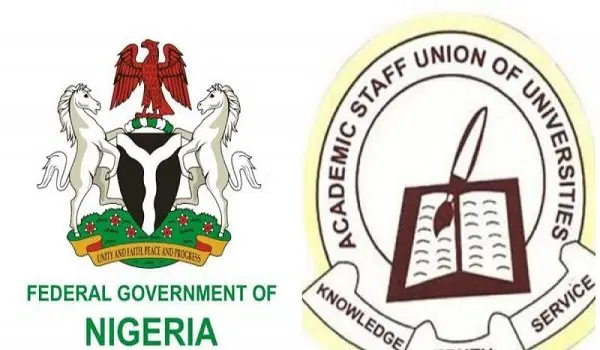A decisive meeting aimed at resolving the long-drawn 2009 Academic Staff Union of Universities agreement is scheduled to hold today in Abuja, with the Federal Government expected to table a counter-offer to the union.
The session is seen as a last-ditch effort to turn years of stalled renegotiations into actionable commitments.
Reliable sources revealed that Minister of Education, Dr. Maruf Tunji Alausa, will sit alongside the Minister of Labour, officials of the National Salaries, Incomes and Wages Commission and the Solicitor-General in discussions with ASUU leaders.
The high-powered team is mandated to outline a concrete timetable for signing and phased implementation of the renegotiated pact.
The urgency of the meeting comes against the backdrop of fresh warnings from ASUU chapters across the country that their patience is wearing thin.
The union insists the renegotiation process, which wrapped up in December 2024 and was formally handed to government in February 2025, must now move from paper to practice to prevent another nationwide shutdown of public universities.
At a recent media briefing in Abuja, the Zonal Coordinator of ASUU, Abuja Zone, Prof. Al-Amin Abdullahi, reminded the government of the union’s compliance with agreed steps, declaring, “The union had kept its part of the bargain and expected government to demonstrate seriousness by adopting the report without delay.”
The roots of the crisis lie in the 2009 FGN–ASUU agreement signed under the late President Umaru Musa Yar’Adua.
That pact pledged wide-ranging reforms in the university system, revitalisation funding, autonomy for institutions, better salaries and working conditions for lecturers, as well as a monitoring framework. Its repeated neglect or partial execution by successive governments has fueled waves of strikes.
Cumulative industrial actions by ASUU and allied unions since 1999 are estimated by analysts to have robbed the system of nearly five academic years, weakening confidence in Nigeria’s higher education sector.
However, stakeholders believe the current process could prove different, largely due to the hands-on style of Minister Alausa, who has paired short-term relief with long-term restructuring.
Earlier in 2025, the Tinubu administration, through his intervention, cleared a backlog of earned academic allowances with a release of N50 billion, settling debts that had lingered for almost two decades.
The move was widely welcomed across universities as a signal that government may finally align promises with delivery.
Alausa has also spearheaded the Diaspora BRIDGE Initiative, an online platform designed to link Nigerian academics abroad with local universities for mentorship, guest lectures, research collaboration, and curriculum support.
Commentators such as Dr. Dakuku Peterside and Prof. Yemi Oke have commended the effort, describing it as a shift from brain drain to brain circulation, an indication that education reform is now being treated as a structural, not episodic, agenda.
According to insiders in the ministries of education and labour, today’s talks will focus on harmonising the Yayale Ahmed draft of December 2024 with the original 2009 document and subsequent proposals like the Nimi Briggs report.
The ultimate goal is to embed phased financial obligations into the national budget and produce a legally enforceable agreement ready for signature.
